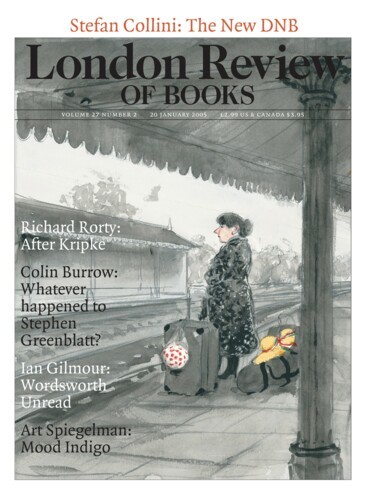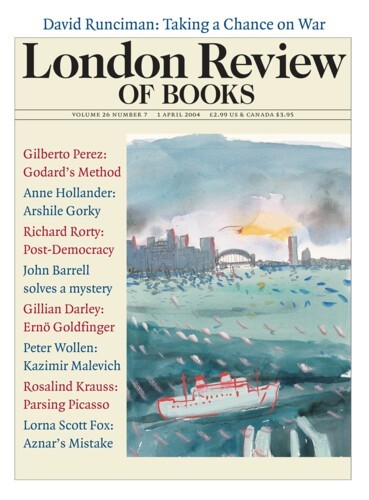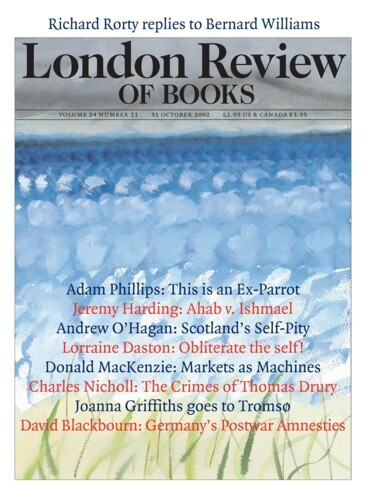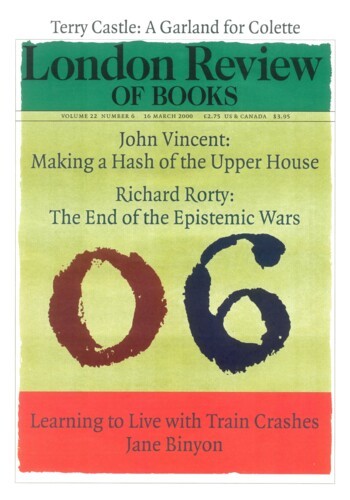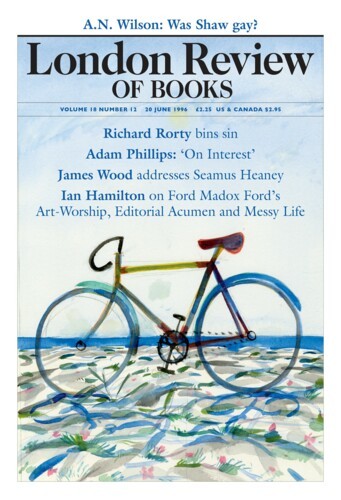How many grains make a heap? After Kripke
Richard Rorty, 20 January 2005
“Kripke was the first important analytic philosopher to insist that the plain man was quite right in remaining an essentialist, and that it was high time that philosophers showed proper respect for intuitions that are, in Soames’s phrase, ‘grounded in pre-philosophical thought’. ‘Water is H2O’ is a necessary truth, for if the chemical constitution of a given fluid were not H2O it would not be water. As I see it, Kripke’s lectures in 1970 aroused the interest they did not because people cared all that much about which truths should be called necessary and why, but because they cared a lot about whether truth is correspondence to reality. Many philosophers fear that if we cannot specify some sense in which our scientific theories map onto reality in the same way as do perceptual reports (’the cat is on the mat’), we are in danger of losing touch with the world.”
